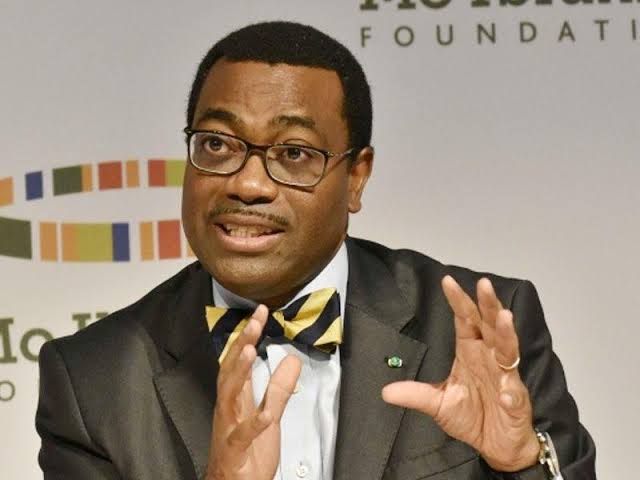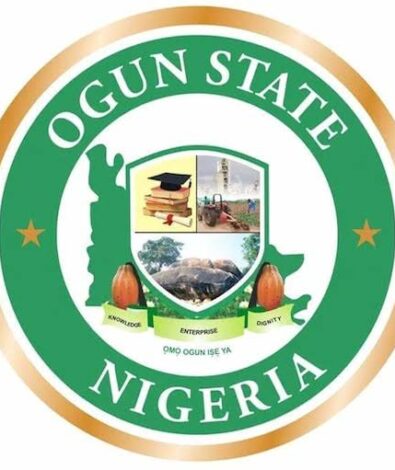AfDB President Warns Against Nigeria’s Food Importation Policy

The President of the African Development Bank Group (AfDB), Dr. Akinwumi Adesina, has raised concerns that Nigeria’s plan to increase food importation could undermine its agricultural sector.
During a retreat in Abuja attended by African Primates of the Anglican Church, Dr. Adesina highlighted the potential negative impacts of the Nigerian government’s recent decision to suspend duties, tariffs, and taxes on the importation of maize, husked brown rice, and cowpeas for 150 days. The policy, announced on July 10 by Agriculture Minister Abubakar Kyari, aims to address short-term food price hikes.
Dr. Adesina expressed his concerns, stating, “Nigeria’s recently announced policy to open its borders for massive food imports, just to tackle short-term food price hikes, is depressing.” He warned that this approach might negate the substantial efforts and investments made by private individuals in Nigeria’s agricultural sector.
He emphasized that “Nigeria cannot rely on the importation of food to stabilize prices,” urging the country to focus on increasing its own food production. This strategy would not only stabilize food prices but also create jobs and reduce foreign exchange spending, which would further support the stabilization of the Naira.
Dr. Adesina cautioned against the dangers of becoming a food import-dependent nation, asserting, “Nigeria must not be turned into a food import-dependent nation.” He stressed the importance of self-sufficiency, stating, “Nigeria must feed itself with pride. A nation that depends on others to feed itself is independent only in name.”
Highlighting the broader context, Dr. Adesina noted that almost a third of the world’s 780 million hungry people live in Africa. He argued that agriculture is crucial for transforming rural areas, where over 70% of Africa’s population resides, and for diversifying economies. “It is clear therefore that unless we transform agriculture, Africa cannot eliminate poverty,” he said.
Dr. Adesina also pointed out that Africa holds 65% of the world’s remaining arable land, which could be used to feed 9.5 billion people by 2050. He underscored the potential of the continent’s agricultural sector, predicting that the size of Africa’s food and agriculture market could reach $1 trillion by 2030. “Essentially, food is money,” he concluded, emphasizing the strategic importance of agricultural development in Africa’s future.



